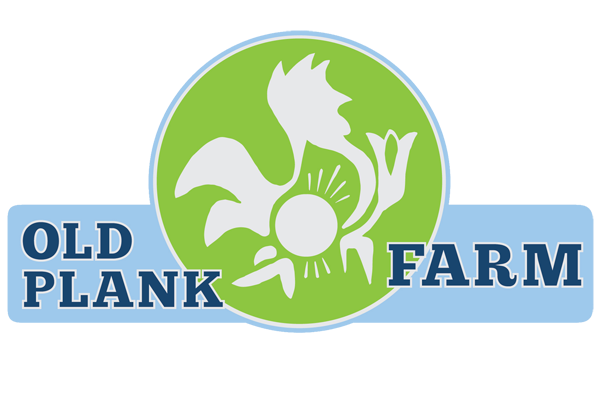by Stephanie Bartel
If you’re looking for a good read this winter related to farming, you might try either of Kristin Kimball’s books, “The Dirty Life” and “Good Husbandry.” The latter was just published this fall, which is what drew my attention to this particular author. Nonetheless, I hadn’t read her debut book yet, written several years back, so I decided to pick that one up first.
“The Dirty Life” is a memoir written about Kimball’s move from New York City to starting a CSA farm in rural New York. Her story is about her transformation in life from city girl to farmer, and the trials that came with her first year running a diversified farm with her partner, Mark. It’s funny, honest, and certainly full of detail. It’s not written with the audience of solely farmers in mind. A range of people could enjoy this book, especially those who are members of CSA farms anywhere in the country. As a farmer, I can relate to some of the stories she tells, reminding me of the early years here at Old Plank. Most of what she writes captures the essence of farming pretty well. Writing about farming often lends itself to vivid imagery and sensory detail, and Kimball’s is as good as any.
Kimball has a brief discussion about how her partner Mark views farming as his way of artistic expression, which I was thrilled to read, because I feel the same way. Writing payroll programs and generating sign-up forms draws on my high school and college studies in computer science and math, important elements to a successful farm business. But the heart of work in the farm fields, for me, is so very artistic and is probably why I enjoy it year after year. I recall my elementary school days when I would say, upon being asked the usual question “What do you want to be when you grow up?”, that I want to be an artist. So there it is. Thirty years later, I am what I am.
“This time of year, I find that the thing I miss most is not being able to walk outside, pick a vegetable up off the ground, and eat it. Dropping food on the kitchen floor is no substitute.”
I’m not one to enjoy reading too much about the details of one’s private relationships, so I didn’t enjoy all of Kimball’s stories in “The Dirty Life.” Although I do understand how they were important in her journey, and they certainly were well written and kept her book moving along.
I also didn’t particularly like Kimball’s choice of titles. At face value it is an accurate description of the book to come, meaning her hands and her clothes were always dirty! But farming is far from a dirty life; rather it is often as pure and clean as it gets. Healthy soil, where our organic produce comes from, is in my opinion clean to the most sacred level. And eating that produce keeps our bodies clean in the same way. No amount of chlorine (yes that’s right, that’s what’s on those clean-looking baby carrots at the grocery stores!) can have the same effect. This time of year, I find that the thing I miss most is not being able to walk outside, pick a vegetable up off the ground, and eat it. Dropping food on the kitchen floor is no substitute.
The main highlight of “The Dirty Life” was the underlying theme about the importance a community has to a sustainable farm. Kimball’s farm needed strong support from the surrounding community in order to thrive. She does a beautiful job relating stories about people pulling together and helping each other to succeed. In return, her farm produces the highest quality food to nourish that same community. Her farm’s members value the passionate, energetic, and hard working traits that she and Mark share. As farmers they are willing to stand up for their core beliefs in sustainable agriculture, and to share the results with all those who believe in them. “The Dirty Life” echoes the untold stories of so many community farms across the country, including my own.
Kimball’s new book, “Good Husbandry,” is next on my list. The title makes me think of an outdated farmer’s manual from the 1890s. Nonetheless, I’m pleased this book is out and I look forward to a good read.

